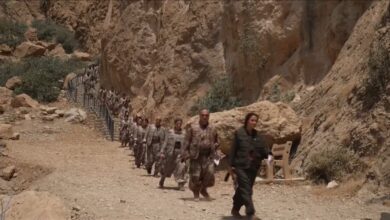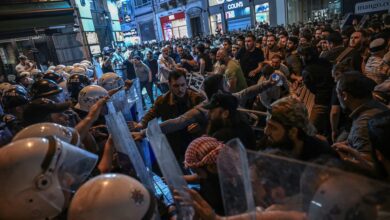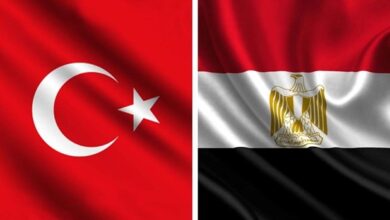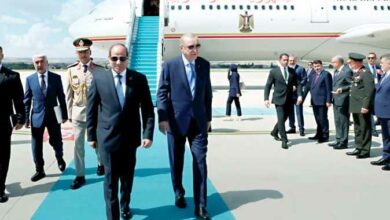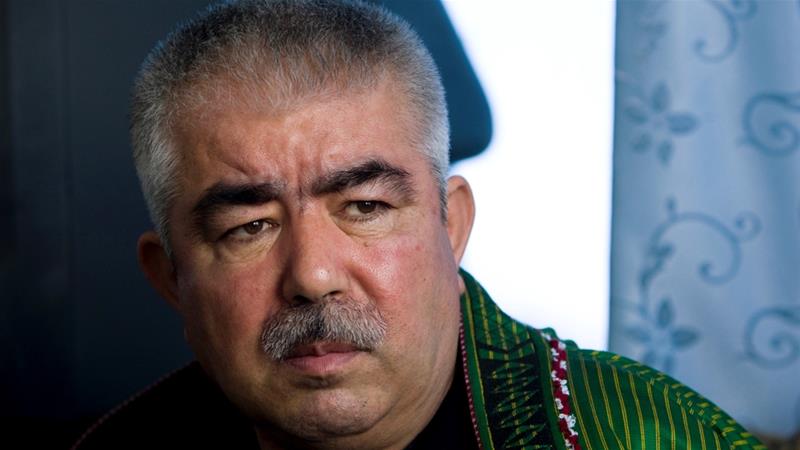
Two influential Afghan politicians urged President Ashraf Ghani on Tuesday to allow embattled Vice President Rashid Dostum to return home from Turkey, in comments that underlined the tensions threatening the Kabul government.
“We ask for the unconditional return of the first Vice President to Afghanistan and for him to resume his office,” Atta Mohammad Noor, the powerful governor of Balkh province, on the border with Uzbekistan, told a demonstration in the northern city of Mazar-i-Sharif.
Dostum has been in Turkey since May when he left for medical treatment amid accusations that he ordered a political rival to be tortured and sexually abused in a case that drew widespread condemnation from allies including the United States.
No comment was immediately available from Ghani’s office.
A powerful ethnic Uzbek leader with decades of experience in Afghanistan’s turbulent politics, Dostum has denied the accusations but has so far been unable to return home.
Earlier this month, a plane he was believed to be traveling in was turned away when it tried to land in the northern city of Mazar-i-Sharif.
Last month, Atta Noor, one of the main leaders of the Tajik community and government Deputy Chief Executive Mohammad Mohaqiq, a prominent leader of the mainly Shia Hazaras, met Dostum in Turkey to form the “Coalition for the Salvation of Afghanistan”. The meeting was widely seen as a possible prelude to the formation of a formal opposition group.
Dostum’s case has become a pivotal issue in the growing stand-off between Ghani and other members of his administration, who include rivals brought together into the national unity government formed after a disputed election in 2014.
“I ask the international community, the United States of America and Europe, if General Dostum was a bad man, why he was good before the elections?” said Mohaqiq. “Why was he accepted as first vice president if you oppose him now?”
Despite accusations of human rights abuses, Dostum was one of a number of politicians invited into the government because of his support among the ethnic Uzbeks, a minority estimated to make up around 9 percent of the population.
But he has frequently clashed with Ghani, a Pashtun from eastern Afghanistan, and fell foul of Western diplomats who pressed the government to show that even highly placed politicians were not immune from punishment in cases of abuse.
The case has added fuel to ethnically colored tensions, with many among the Persian-speaking Tajiks and Hazaras accusing the government of favoring Ghani’s Pashtun community, traditionally Afghanistan’s strongest ethnic group.

